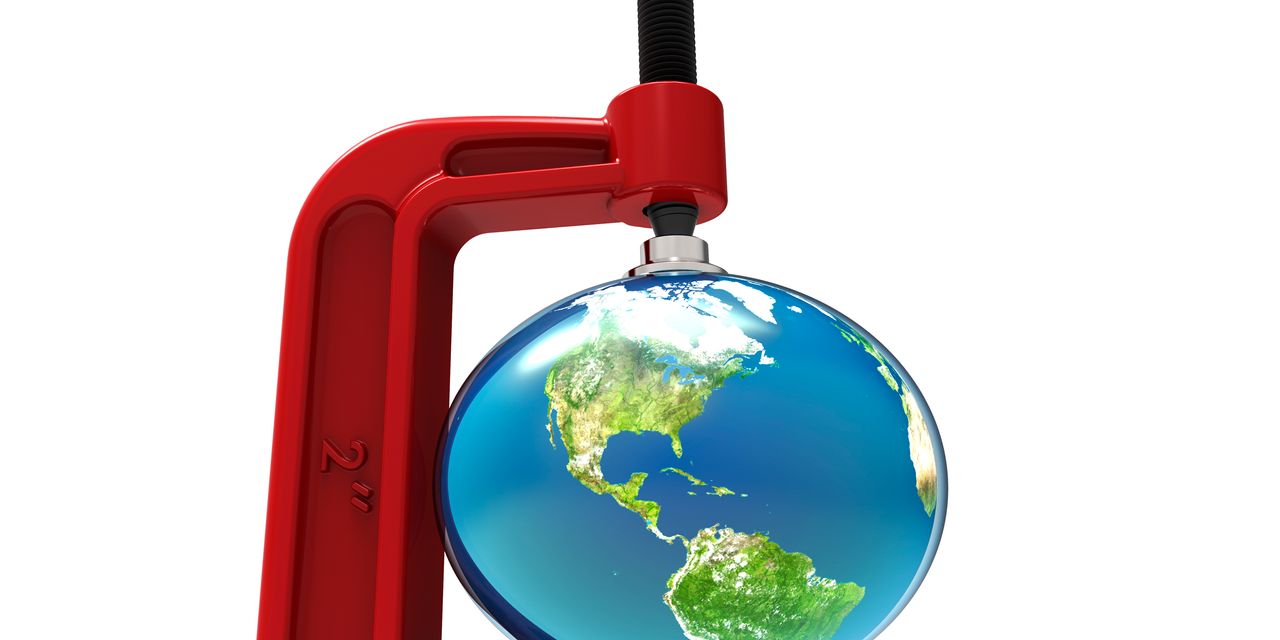The world is in the process of reordering itself, something it does every few generations. It is not a process that depends on the decisions of the mighty or something that can readily be stopped. It flows out of economic and political pressures within countries.
These internal pressures turn into military pressures, as the internal system tries to stabilize itself. Some countries experience these things as painful but routine events, while others destabilize or lash out. Another name for this is progress — which is far from a triumphal march to happiness but a painful struggle with reality. The pains of progress turn to charges against other people and other nations. Someone must be responsible for the disruption and disorientation of change; the finger is always pointed at others and never oneself.
Cracks in the foundation
The foundation of this current cycle was Europe in the early 1990s, when the Soviet Union disintegrated and the Maastricht treaty was signed to unite the Continent. In 2001, the United States experienced the 9/11 attacks. In 2013, Xi Jinping became the president of China. Within the cycle of history, a decade or two is a relatively short time.
The fragmentation of the Soviet Union was, at the time, intended to create a more efficient region. The unification of Europe under the European Union was intended to reduce the prospect of conflict while creating widespread prosperity. The U.S. response to the 9/11 attack was intended to reduce the threat of terrorism. Xi’s election was intended to put China on the road to unprecedented prosperity.
None of these intentions ended in outright failure. The Soviet breakup led some of the former Soviet Union and its satellites to a higher degree of prosperity. European unification led to a period of relative productivity. The American response did prevent another 9/11-type attack on the United States. And China surged. As with other cycles, the intentions of leaders were not a complete failure, at least until the next cycle.
“ The fault lines of the previous phase are in the final stage of change. ”
It is now a generation since the last shift began, and the fault lines of the previous phase are in the final stage of change. Russia is engaged in an attempt to reconstruct the Soviet Union, starting with its war in Ukraine. The European Union is deeply divided, and Germany and France have proposed institutionalizing the division. In recent days, Islamic radicalism has reared its head again with the invasion of Israel by Hamas.
The United States, having prevented further major attacks by Islamic terrorists, has slipped into the predicted final phase of its own cycle, where tensions between people over politics, race, religion, sexuality and whatever else you might have in mind will dominate the next few years. And China’s economic surge has given way to massive economic weakness and political tension.
There are two points I am trying to make here. First, nations contain many millions of people. These people spew out decisions that they blame on leaders, because the real process of millions of people living together is too complicated to grasp. Someone must be blamed, and it can’t be oneself, so there is periodic rage. Second and perhaps more significant, the problem of the new period grows out of the solution of the last period.
We are therefore in a new period, which has its origins in the last and consists of war, economic crisis and mutual rage. These are the realities that are truly universal, and too often tragic. But I am sure that the ancient Greeks looked at this the same way. Can we avoid these cycles? I would like to think so, but we haven’t yet.
George Friedman is chairman of Geopolitical Futures and author of “The Storm Before the Calm: America’s Discord, the Coming Crisis of the 2020s, and the Triumph Beyond” (Doubleday, 2020).
More: An investing strategy for a chaotic world: Keep it simple
Also read: The fear premium in oil from the Hamas attack on Israel already has evaporated
Read the full article here







